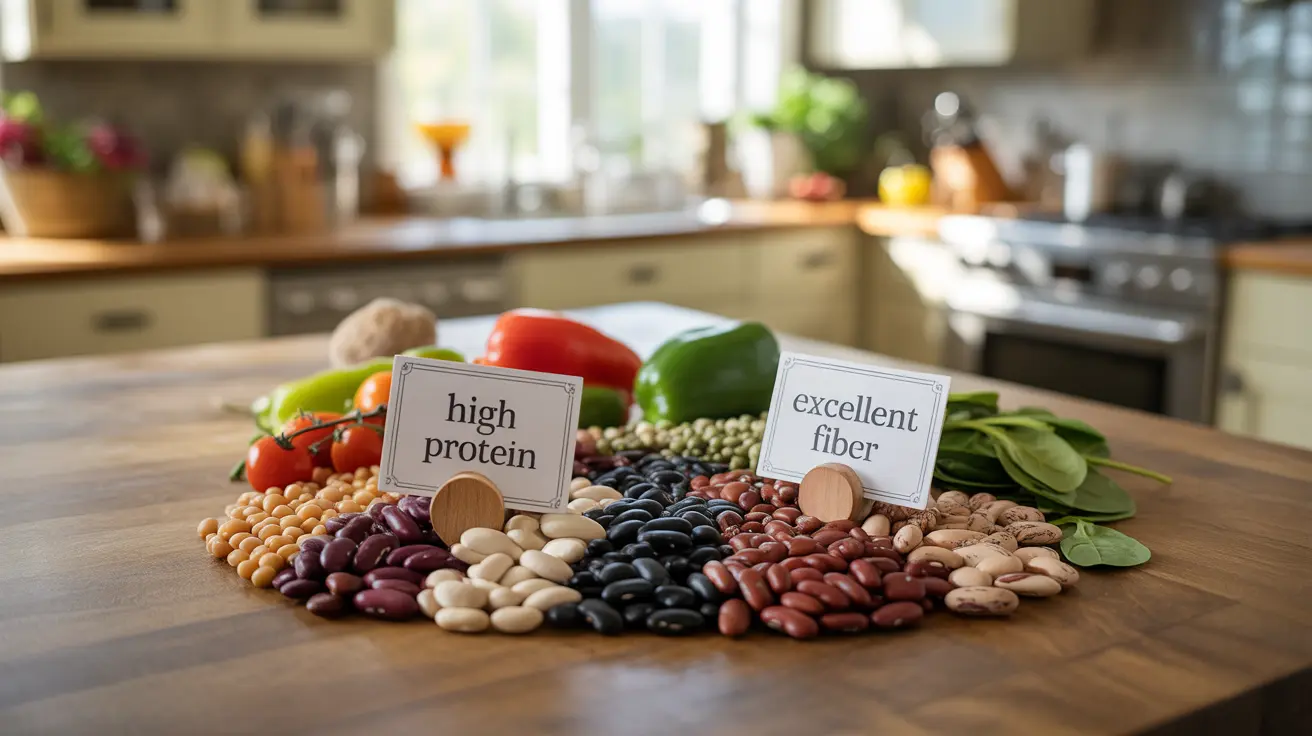Travel constipation is a common but frustrating condition that affects many people when they're away from home. Whether you're crossing time zones, changing your regular routine, or dealing with unfamiliar foods, maintaining regular bowel movements during travel can become challenging. Understanding how to prevent and manage this condition naturally can help ensure your travels remain comfortable and enjoyable.
This comprehensive guide explores proven natural remedies, dietary adjustments, and lifestyle strategies to help you maintain regular bowel movements while traveling. From hydration tips to specific food choices, you'll learn everything you need to know about preventing and managing travel constipation effectively.
Understanding Travel Constipation
Travel constipation occurs when your normal bowel movement pattern is disrupted during or after travel. This disruption can happen due to several factors, including changes in daily routine, dehydration from long flights, different eating patterns, and stress. Recognizing these triggers is the first step in preventing and managing the condition.
Hydration: Your First Line of Defense
Proper hydration plays a crucial role in preventing travel constipation. When traveling, especially by air, your body can become dehydrated more quickly than usual. This dehydration can lead to harder stools and difficulty passing them.
Optimal Daily Water Intake
The general recommendation is to drink 8-10 cups (64-80 ounces) of water daily while traveling. However, this amount may need to be increased when flying or visiting hot climates. Keep a reusable water bottle with you and set regular reminders to drink throughout the day.
Natural Dietary Solutions
Making smart food choices while traveling can significantly reduce your risk of constipation. Focus on incorporating these elements into your travel diet:
Fiber-Rich Foods to Pack and Seek
- Fresh fruits (especially apples, pears, and berries)
- Dried fruits (prunes, figs, and dates)
- Nuts and seeds
- Whole grain crackers or bread
- Portable vegetables like baby carrots
Strategic Supplementation
When dietary changes alone aren't enough, certain supplements can help maintain regular bowel movements during travel:
- Psyllium husk powder
- Magnesium citrate
- Probiotics specifically designed for travel
- Ground flaxseeds
Movement and Lifestyle Adjustments
Physical activity is crucial for maintaining regular bowel movements, even while traveling. Incorporate these habits into your travel routine:
- Walking for at least 30 minutes daily
- Simple hotel room exercises
- Gentle yoga or stretching
- Maintaining regular meal times
- Using the bathroom at consistent times
When to Consider Over-the-Counter Solutions
If natural remedies aren't providing relief, certain over-the-counter options may be appropriate. However, always start with the gentlest options first:
- Osmotic laxatives
- Stool softeners
- Stimulant laxatives (as a last resort)
Frequently Asked Questions
What are the best natural remedies to prevent and relieve travel constipation?
The most effective natural remedies include staying well-hydrated, consuming plenty of fiber-rich foods, taking probiotics, and maintaining regular physical activity. Dried fruits like prunes and figs can be particularly helpful, as can magnesium supplements and psyllium husk.
How much water should I drink daily to avoid constipation while traveling?
Aim to drink 8-10 cups (64-80 ounces) of water daily while traveling. Increase this amount when flying or in hot climates. Monitor your urine color – it should be light yellow to clear.
What types of fiber-rich foods and supplements help with constipation during travel?
Focus on portable fiber-rich foods such as dried fruits, nuts, seeds, and whole grain crackers. Beneficial supplements include psyllium husk powder, ground flaxseeds, and specific travel probiotics. Aim for 25-35 grams of fiber daily.
When should I consider using over-the-counter stool softeners or laxatives for travel constipation?
Consider over-the-counter solutions if natural remedies haven't provided relief after 2-3 days, or if you're experiencing discomfort. Start with gentle options like osmotic laxatives or stool softeners before trying stimulant laxatives.
What lifestyle habits can help reduce the risk of constipation while on a trip?
Key lifestyle habits include maintaining regular meal times, staying physically active with daily walks or exercises, managing stress through relaxation techniques, and trying to use the bathroom at consistent times each day. Also, don't ignore the urge to have a bowel movement when it occurs.




